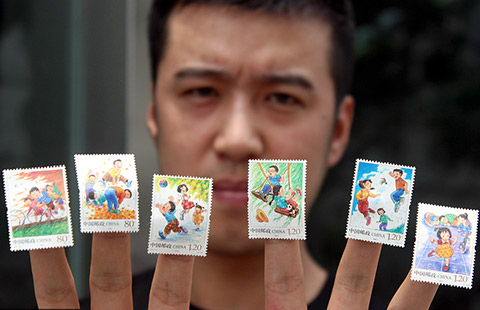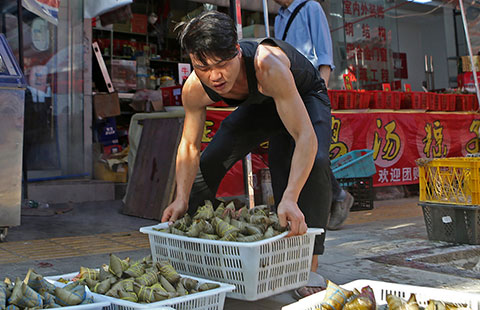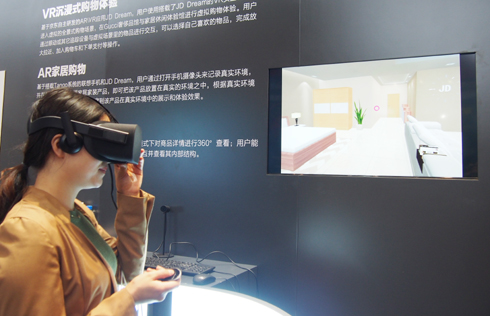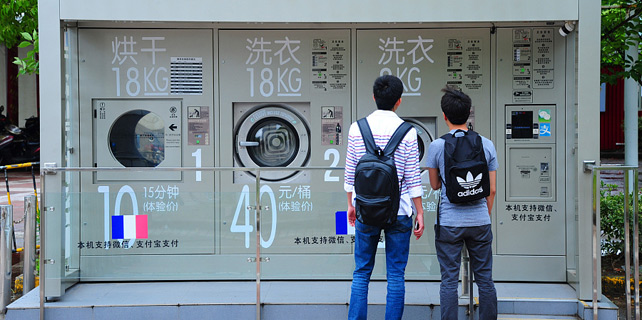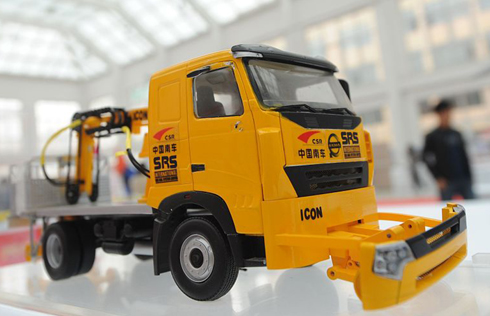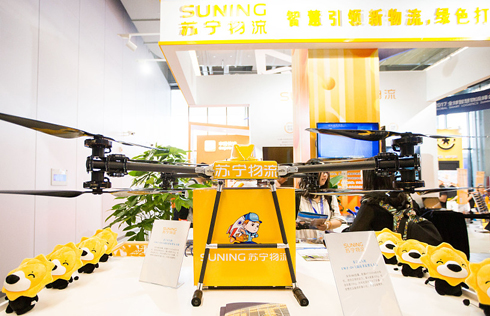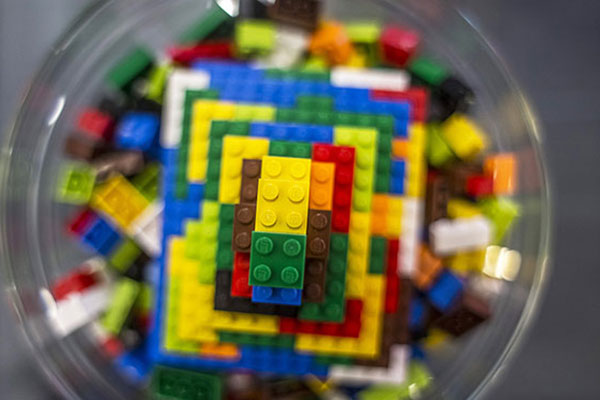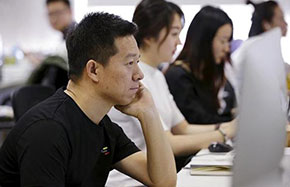Probe into imports of EU wines
Investigation follows European duties on Chinese solar products
China has launched an investigation of EU wine imports, officials said on Wednesday, a day after the bloc announced duties on Chinese solar products.
The Ministry of Commerce said the investigation of the EU wine industry is not a "retaliatory measure".
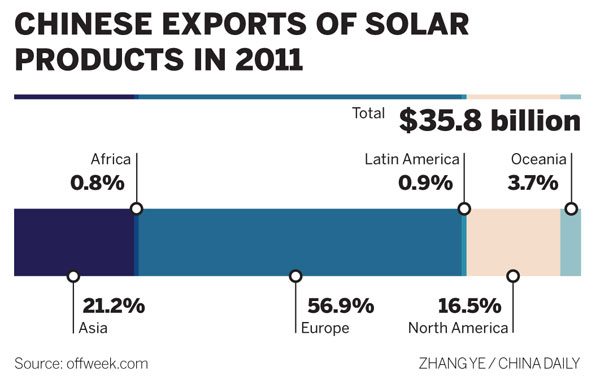 |
On Tuesday, the EU announced provisional anti-dumping duties on imports of solar panels, cells and wafers from China following a nine-month investigation.
China is firmly opposed to the European Union's 11.8 percent tariffs on the country's solar panel products, officials said.
China's wine imports rose by 8.9 percent to 430 million liters in 2012, according to the General Administration of Customs. The imports were valued at about $2.57 billion.
The EU accounted for more than two-thirds of the imports, with France being the biggest export country.
According to the 27-country bloc, the duties on China's solar panel companies will be imposed in two stages, starting at 11.8 percent for the first two months, followed by 47.6 percent for another four months.
"Overall, the duties will range from 37.2 percent to 67.9 percent at that stage. Those Chinese companies which have cooperated will face lower tariffs. Those which have not cooperated will face higher tariffs," said EU Trade Commissioner Karel De Gucht.
Most Chinese solar panel companies have encountered difficulties continuing doing business in the European market since the investigation.
"If the EU adopts the anti-dumping taxes on Chinese companies, most of our export companies will not be able to sell a single product there," said Wang Donghong, publicity officer at Jingwei Electronic Material.
Colin Yang, vice-president of public affairs of Trina Solar, said: "Our sales in Europe have already been affected, because many local partners are worrying about our price after the investigation. Before the decision, the business of our European partners and ourselves has already been hurt."
Ministry of Commerce spokesman Shen Danyang said the reduced tariffs show the flexibility of the EU, and the temporary tariff of 11.8 percent instead of 47.6 percent shows the dispute between China and the EU can be solved through negotiation.
The ministry said that the trade relationship between the two sides is an important foundation for China-EU ties, and China doesn't want to see the solar dispute affect the broader relationship.
Shen also said that Chinese solar products are less expensive because of cheaper raw materials and the Chinese solar panel industry's technological improvements, not because of the so-called dumping subsidy.
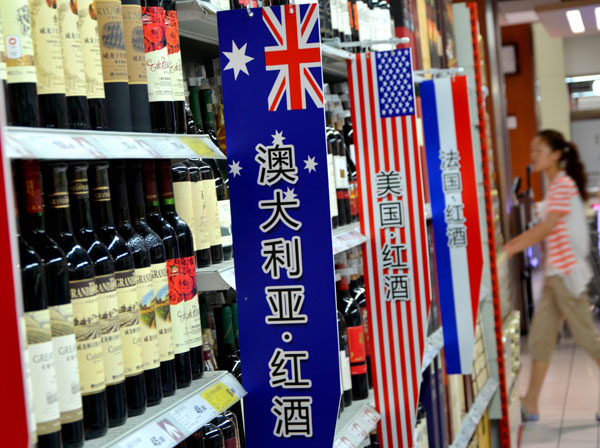 |
|
A woman walks by the foreign wine shelf in a supermarket in Xuchang city, Henan province on May 23, 2013. [Photo/Asianewsphoto] |
The ministry said trade protectionism will bring damage to both sides.
However, De Gucht said at the European Commission that the United States also applies duties to Chinese exports.
"This is not protectionism," he said.
Some experts worry that other economies may follow the EU's action and start similar investigations.
Cui Hongjian, director of European Studies at the China Institute of International Studies, said that the China-EU relationship may face a "cooling-down" period.
Eighteen EU members have voted against the solar panel case.
Even though this vote does not prevent the EU Commission from imposing provisional anti-dumping duties, member states will vote again by the end of this year to decide if the EU's final conclusion can be enacted or not.
Zheng Jinran in Shijiazhuang, Yang Ziman in Beijing and Cheng Shican in Brussels contributed to this story.
- China PV makers squeezed by EU duties
- China firmly opposes EU solar panel duties
- China decides to investigate EU wine
- EU solar duties on China: a lose-lose blunder
- China presents case against EU protectionist tariffs
- China hits back at EU over solar panel duties
- EU solar duties on China: a lose-lose blunder
- Protectionism hurts EU exports to China
- EU imposes heavy duties on Chinese solar products




